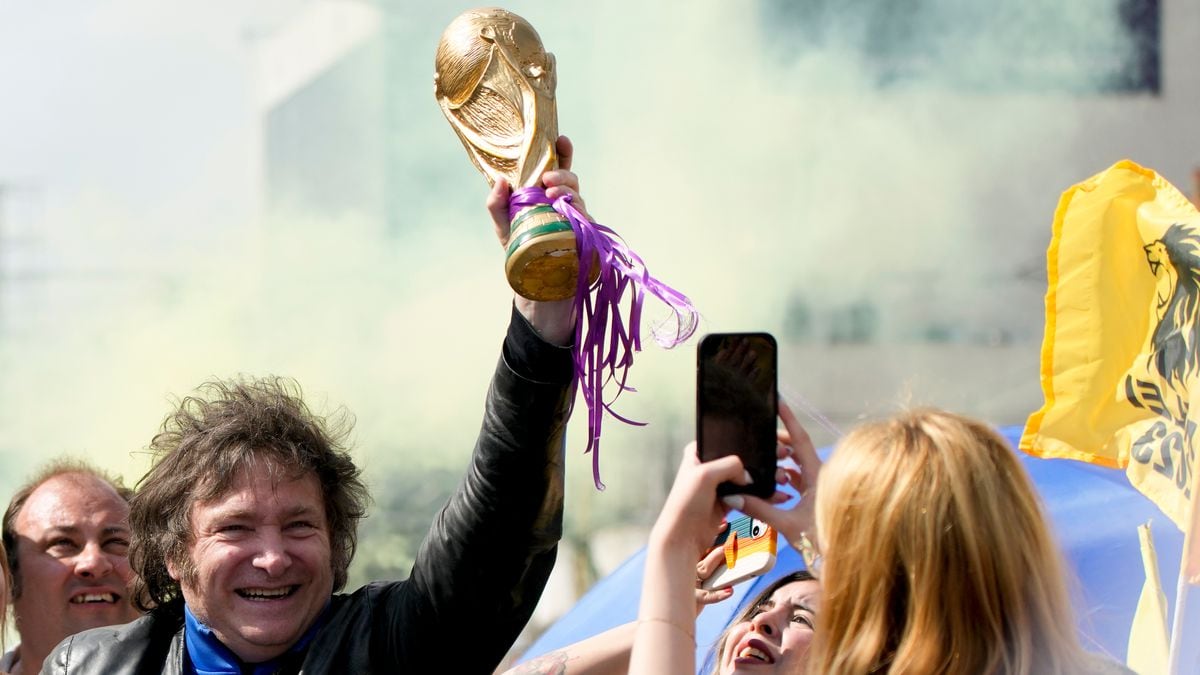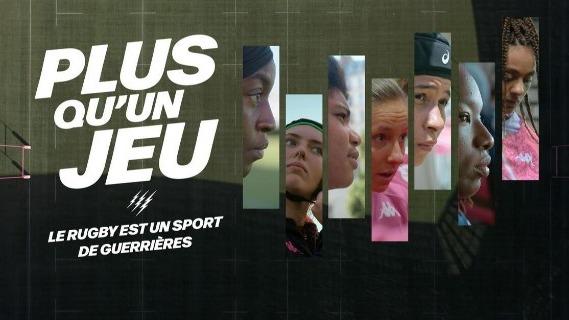The late Andrei Spitzer was murdered along with ten members of the Olympic delegation to the Munich Games 48 • 1972 Years after the terrible massacre, the legacy of the former Israel national team coach continues, and his vision to promote the industry as a popular
Andrei Spitzer was chained before the horrific massacre.
Murdered that night when he was 27 years old
Photo:
IP
Exactly 48 years ago today, Andrei Spitzer was murdered along with ten members of the Olympic delegation to the Munich Games. The late 1972 Spitzer was the coach of the fencing team in an era when the industry began to become professional and at the same time popular. This was also thanks to Spitzer's leadership. There he trained, studied, funded his studies as a sewer cleaner and met his wife Anki.
Spitzer's vision was to see the Israeli periphery come to study fencing in the north of the country, where the fencing association was allocated space to promote the industry and make it aristocratic more popular, one that would allow people in the periphery and boys and girls who became entangled with the law to become fencers.
"The idea to rehabilitate criminals through fencing was born during the establishment of the 'Black Panthers,'" says Dr. Udi Carmi, a former fencer, in his book "Sports in Immigration."
Spitzer was born in Romania and absorbed the sword culture there, in the Netherlands where he studied and in Israel.
The experienced fencer took it upon himself to teach the youngsters and turn them into instructors, in parallel with his work with the Israeli national team fencers, who were preparing at the time to meet the Olympic criteria for Munich.
Four outstanding students were for a project held in and around Biranit.
Spitzer identified potential in Reuven Abergil, then a social activist, one of the founders and leaders of the Black Panthers protest movement;
In Saadia Marciano, one of the leaders of the "Black Panthers" and later a member of the Ninth Knesset;
The late Reuven Alperon who was a young and promising talent, and was killed in 1969 in the Suez Canal following a shooting from the Egyptian side, won many commemorative tournaments.
Israeli flag at half-mast at the Olympic Stadium in Munich on September 10 // Photo: AFP
The cruel death of the eldest brother in the Alperon family will change the fate of the family and its name will go a long way in completely different circumstances.
Last was Haim Hatuel, who would later become an Olympic fencer and coach of the Hatuel tribe, whose fate has been linked to the fate of the industry for the past 50 years.
Spitzer, who worked at the same time with the two Olympic fencers Dan Alon and Yehuda Weinstein (who grew up at Hapoel Safed), arrived in Munich four hours before the terrorists took over the athletes and was killed the next day.
His famous picture standing in a white tank top and handcuffed has become one of the symbols of the biggest terrorist event the international sports world has ever known.
Spitzer was murdered that night when he was 27 and all his future was ahead of him, and it seemed that the Israeli swordsman would die with him, as happened to the weightlifting industry.
Ohad Belo, coach of the Israel Badker team, remembers the tremendous impact the fencing project had in the periphery even after it was stopped and after the Munich trauma: "I was born in 1972 and in the 80s when I started training there was twice as many boys and girls as there are today. The blossoming of the sword. "
Andrei Spitzer. A role model // Photo: Olympic Committee
Indeed, a quick glance at the list of fencing clubs shows how the vision of making the fencing popular has become a huge success, with 100 clubs from spring in the north to Nehora in the south.
Today, in the periphery there are leading clubs that are safe in the various national teams.
In international competitions in the leading stabbing industry, you can regularly find fencing from the Maalot Club, in Ashkelon they have continued to produce fencing regularly for the past 50 years, and in the Jezreel Valley and Beer Sheva there is a long fencing scene that still attracts dozens of children every year.
Spitzer may have ended his life in humiliation in the Olympic Village in Munich, but his legacy and vision hold deep within the 21st century.








